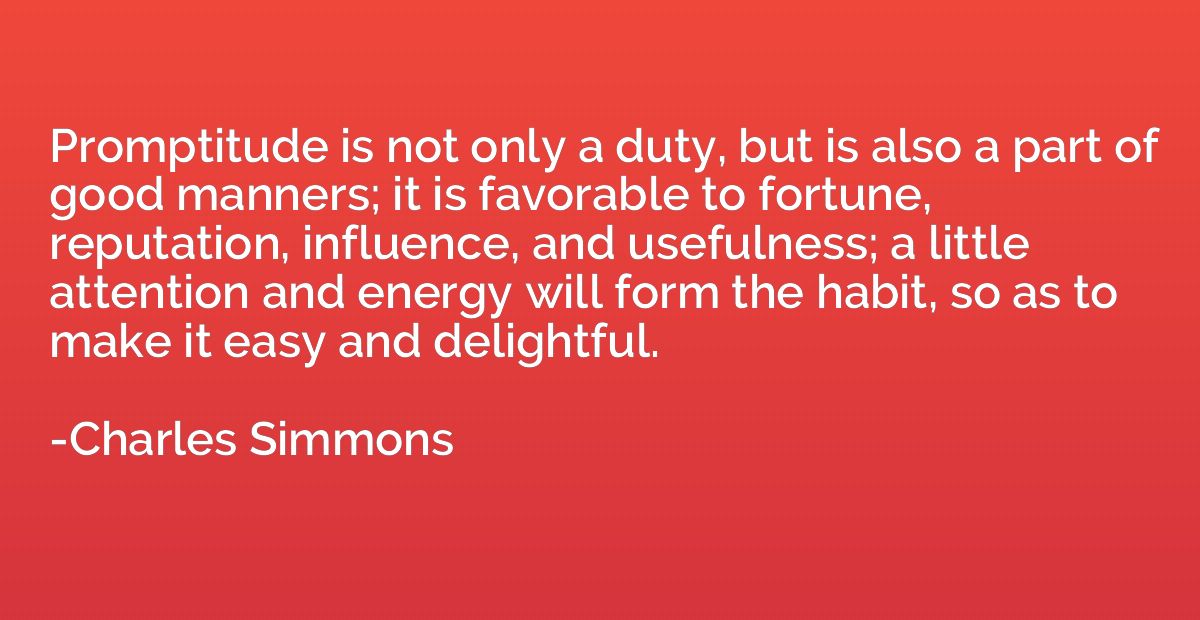Quote by Chanakya
A good wife is one who serves her husband in the morning like a mother does, loves him in the day like a sister does and pleases him like a prostitute in the night.

Summary
This quote, often attributed to Chanakya, highlights the traditional roles expected from a wife in a patriarchal society. It suggests that a "good" wife must display different attitudes and behaviors towards her husband throughout the day, drawing comparisons to a mother's care in the morning, a sister's affection during the day, and a prostitute's pleasing nature at night. While this quote reflects outdated values and objectifies women, it serves as a reminder of the traditional expectations placed on women within certain cultures and contexts.
Topics
Good
By Chanakya














